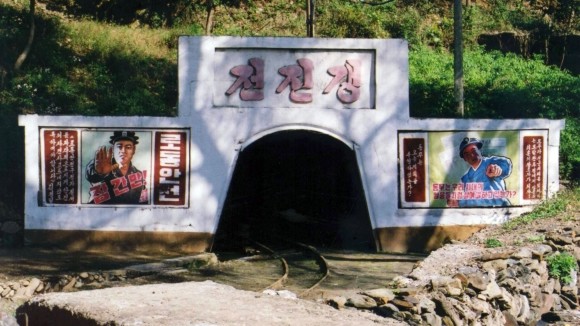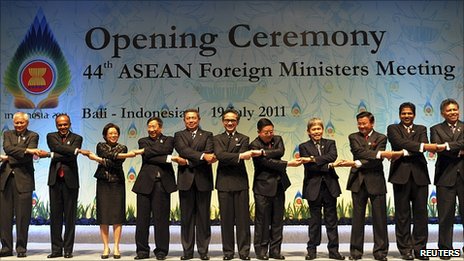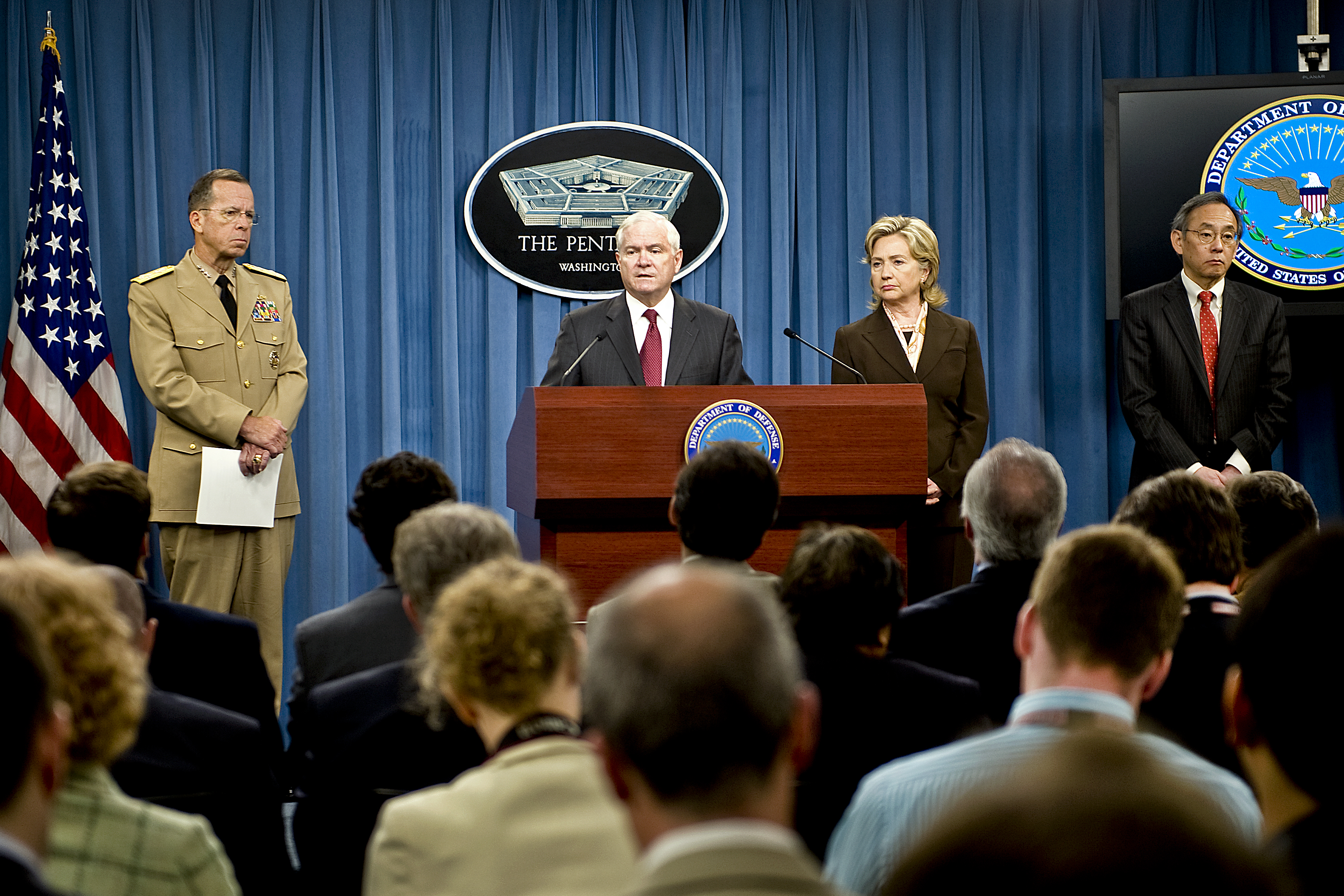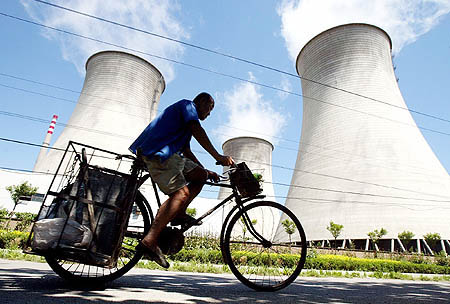Daily Report Archives
Established in December 1993, the Nautilus Institute’s *N*ortheast *A*sia *P*eace and *S*ecurity *N*etwork (NAPSNet) Daily Report served thousands of readers in more than forty countries, including policy makers, diplomats, aid organizations, scholars, donors, activists, students, and journalists.
The NAPSNet Daily Report aimed to serve a community of practitioners engaged in solving the complex security and sustainability issues in the region, especially those posed by the DPRK’s nuclear weapons program and the threat of nuclear war in the region. It was distributed by email rom 1993-1997, and went on-line in December 1997, which is when the archive on this site begins. The format at that time can be seen here.
However, for multiple reasons—the rise of instantaneous news services, the evolution of the North Korea and nuclear issues, the increasing demand for specialized and synthetic analysis of these and related issues, and the decline in donor support for NAPSNet—the Institute stopped producing the Daily Report news summary service as of December 17, 2010.

In this report Choi Kyung-soo, President of the North Korea Resources Institute in Seoul, evaluates the current status of North Korea’s substantial mineral resources. Some of these minerals, such as magnesite, zinc, iron, and tungsten, could create highly competitive markets. However, almost all North Korean mines suffer from a lack of electricity and equipment. To improve mine productivity, Choi recommends the construction of large-scale hydro plants, the remodeling of the overall power system and a cooperative policy with Russia and South Korea.
Go to the article

Mark J. Valencia, Nautilus Institute Associate and Senior Research Associate at the National Bureau of Asian Research, writes that given the rise in political tension, the positive outcome of the recent ASEAN meeting in Bali is uplifting. Even if forward movement on implementing the 2002 Declaration on Conduct of Parties in the South China Sea (DOC) is small and fragile, it is in the right direction. Of course, it is only one step of many necessary to truly put the ongoing disputes in the South China Sea to rest.
Go to the article

Jeffrey Lewis, Director of the Nuclear Strategy and Nonproliferation Initiative, New America Foundation, and Peter Hayes, Professor of International Relations, RMIT University, and Director of the Nautilus Institute state that until the Obama administration’s issuance of its Nuclear Posture Review in April 2010, any attempts North Korea would have made to achieve non-nuclear state compliance would have been hamstrung by what is known as the “Warsaw Pact Exclusion”. In effect, prior to this latest NPR, not only did North Korea have to abandon its nuclear weapons and open itself to inspection, it also had to rupture its primary security alliance with China in order to receive any assurances that the United States would not use nuclear weapons against it. The new NPR removes this loophole and guarantees that negative security assurances would apply to the DPRK in the event that it returned to the Non-Proliferation Treaty as a non-nuclear weapon state.
Go to the article
Haksoon Paik, senior fellow at The Sejong Institute, South Korea, argues that while current prospects for denuclearizing the Korean peninsula are slim, US and ROK policymakers still have several opportunities to facilitate the resumption of negotiations with the DPRK by “returning to the basics”.
Go to the article

Nikhil Desai’s article examines how, with the building of nuclear plants in decline for years in developed nations, the nuclear industry has pinned its hopes on developing nations’ energy thirst. However, so many improvements are still needed in safety, regulatory and compliance criteria that the prospects for a ‘nuclear renaissance’ look bleak. Nikhil Desai is an economist, and divides his time between India and the US.
Go to the article

Jor-Shan Choi, Associate Director of the Berkeley Nuclear Research Center, University of California, Berkeley, argues that the tragedy at Japan’s Fukushima nuclear power plant will do little to deter the growth of nuclear power in the region. He writes, “There is no doubt that nuclear power will also survive the Fukushima incident, and can use it as a unique opportunity to refocus on the three fundamentals — human factors, safety, and waste disposal.”
Go to the article
This report by André Buys, Professor of Engineering and Technology Management at the University of Pretoria, South Africa, explores the potential proliferation risk posed by former Nuclear Explosive or Weapons Program (NEWP) personnel in South Africa since the program’s termination in 1991. Buys assessment establishes that the proliferation risk of a minority of former personnel is moderate to high, with unemployment, financial hardship and a lack of clear and uniform secrecy guidelines as important contributing factors.
Go to the article






